Certified secure cloud software provides an array of security measures designed to guard the infrastructure and applications in cloud storage of a company’s. This includes user authentication and device control, data access control and regulatory compliance support. Cloud security typically includes encryption. This can make data unreadable even if intercepted by unauthorized personnel.
If a cloud provider fails to provide adequate protection, this can result in data breaches that are not authorized, downtime, and unauthorized access. A poorly designed backup plan could increase the risk, and the lack of support from vendors can slow down the response to incidents and recovery. To guard against the risks associated with insufficient cloud security, it’s crucial to find vulnerabilities and create a solid security strategy.
A variety of certifications are available to help professionals learn the skills to manage and secure cloud environments. Some are vendor neutral, whereas others are more in-depth with the nuances of a particular cloud environment. The CISSP credential, for example can serve as a solid base for future professional development while gaining a comprehensive knowledge of cloud security.
Other credentials are more user-friendly and can supplement experience gained in the workplace. For example CompTIA’s Cloud+ certification covers access control and security solution configuration in a cloud-based environment. IBM’s Cloud-Specific Security Engineer Specialty provides a different option for cybersecurity professionals who want to develop their existing cloud and www.dataroomdot.org/how-much-do-ma-analysts-make IT skills. This credential is designed to teach cloud security professionals how to keep an organization’s security posture in good shape, investigate and respond to security incidents, and apply best practices.
